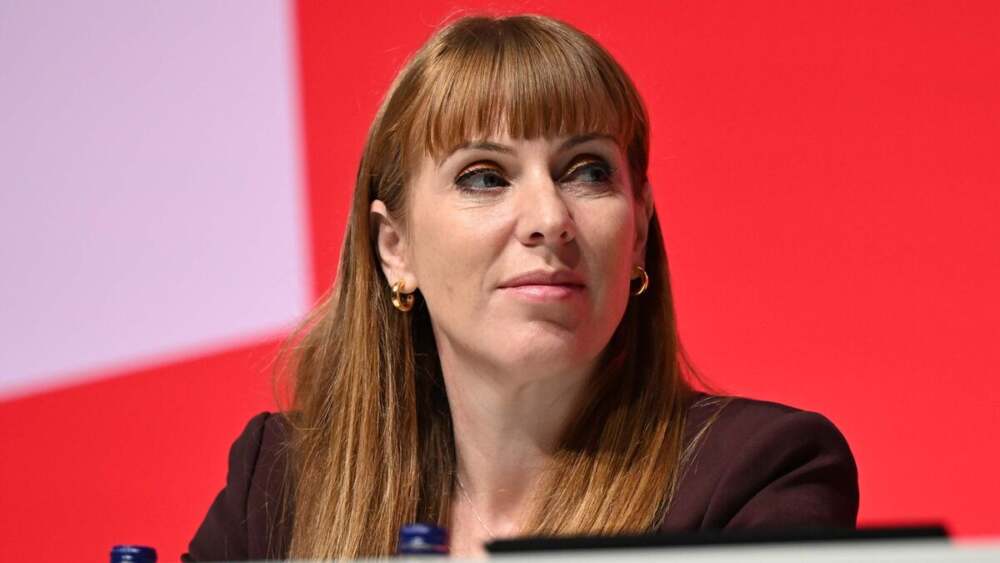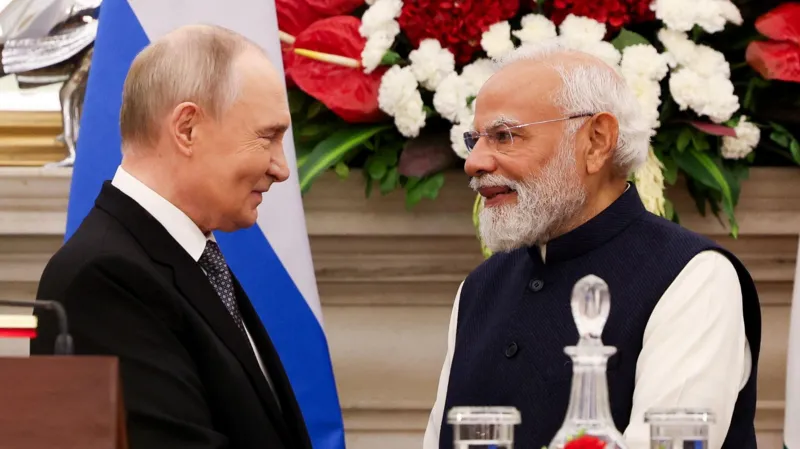London, September 5, 2025 – In a stunning political development, Angela Rayner has resigned as the United Kingdom’s Deputy Prime Minister, citing mounting pressure over tax allegations and deep divisions within the Labour government. Her departure marks the most serious blow yet to Prime Minister Keir Starmer’s administration.
Resignation Amid Controversy
Rayner’s decision follows weeks of intense scrutiny surrounding her past property dealings and questions over whether she owed stamp duty tax on the sale of a former home. Although she has consistently denied wrongdoing, the controversy has grown into a political distraction, with opposition parties calling for her resignation and some Labour lawmakers privately expressing unease.
In her resignation statement, Rayner said she was stepping down “in the best interests of the government and the Labour Party,” adding that she did not want the issue to overshadow the government’s agenda.
Political Fallout for Starmer
Rayner’s exit is a significant setback for Prime Minister Starmer, who relied on her strong support among grassroots Labour members and her ability to connect with working-class voters. As Deputy Prime Minister, she also played a key role in shaping the government’s domestic agenda, particularly on housing and workers’ rights.
Analysts warn that her resignation could widen internal fractures within the Labour Party. Rayner has long been viewed as a bridge between Starmer’s centrist leadership and the party’s left-wing factions. Without her in government, Starmer may struggle to keep Labour united.
What Happens Next
The Prime Minister is expected to announce a replacement for Deputy Prime Minister in the coming days. Attention is now focused on whether Starmer will promote an ally to consolidate his authority or choose a figure who can appeal to Rayner’s base within the party.
Rayner herself has not ruled out continuing her political career, saying she will remain as a Member of Parliament and “continue to fight for fairness, opportunity, and justice.”
A Turning Point for Labour
The resignation comes less than a year into Labour’s return to power after more than a decade in opposition. While Starmer had enjoyed a relatively stable start to his premiership, this crisis underscores the fragile balance of power within the ruling party.
With economic challenges looming and opposition parties sensing opportunity, Rayner’s departure could mark a turning point — testing both Starmer’s leadership and Labour’s ability to present a united front.
















Leave a Reply